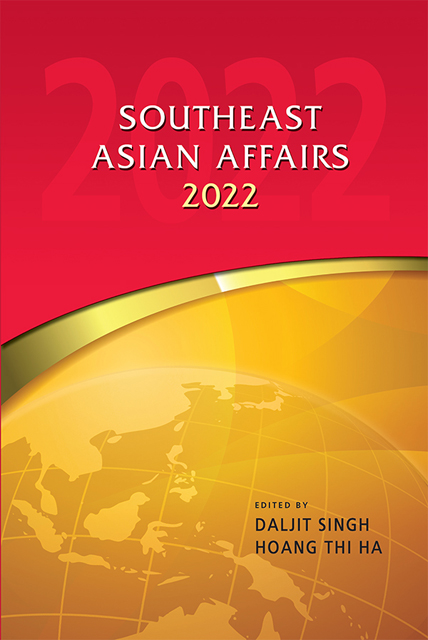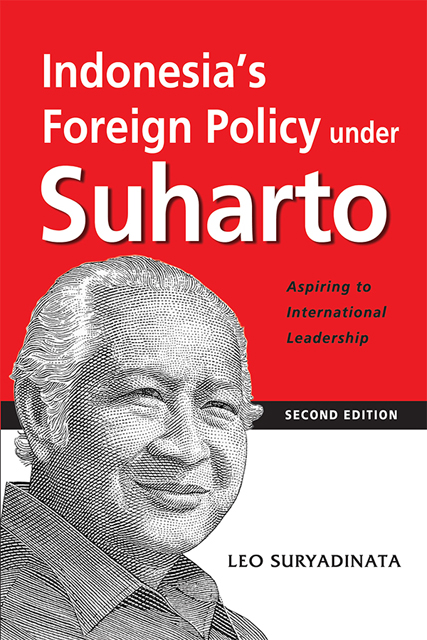1.1 Northeast Asia: Economic and Strategic Importance
1.1.1 Economic rise of Northeast Asia
Northeast Asia, the region that encompasses China, Korea, Japan, Mongolia, and the southeast corner of Russia, is one of the world's most economically dynamic and strategically important regions.
Within 1,200 kilometers of Seoul, South Korea, a distance that can be covered by less than two hours of flight time, lie three national capitals that command over 20 percent of the world's population and nearly a quarter of the world's economy. The region's economic importance is unquestionable: two of the world's three largest economies (China and Japan) and three of the world's 10 largest exporters (China, Japan, and South Korea) are located in this region. By the end of World War II, Northeast Asia was among the poorest regions in the world; much of it laid in ruin as a result of the war's destruction. However, starting with the economic recovery of Japan in the 1950s, rapid economic development and successful industrialization of the constituent countries have turned this region into the world's premier economic powerhouse. North Korea, under its socialist economic system, showed rapid economic growth until the 1970s, although it met economic struggles and has been on a decline since the 1990s. South Korea, with its successful economic development drive beginning in the 1960s, became an advanced, industrialized economy and a major trader by the 1990s. China, under Deng Xiaoping's leadership advocating the “socialist market economy,” has also achieved phenomenal economic growth since the 1980s, becoming the second largest economy, next only to the United States, by 2010. Figures 1.2 and 1.3 illustrate the economic growth of Northeast Asian countries (China, Japan, and South Korea) vis-à-vis the United States.
The region is now known as the factory of the world and a bastion of new technologies and innovations. In the traditional manufacturing areas, such as steel, automobile, shipbuilding, electronics (including semiconduc-tors), and chemical, Northeast Asian countries, particularly China, South Korea, and Japan, make up substantial shares of global production. By 2021, China, Japan, and South Korea produced over 61 percent of the world's steel supply, over 44 percent of the world's automobiles, and over 94 percent of all ships (in tonnage). For electronics, Northeast Asia is home to the world's top five consumer electronics companies, as measured by revenue.


